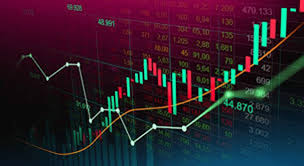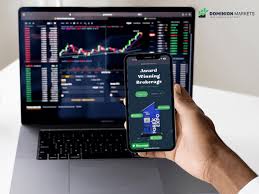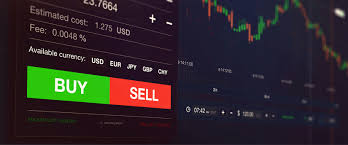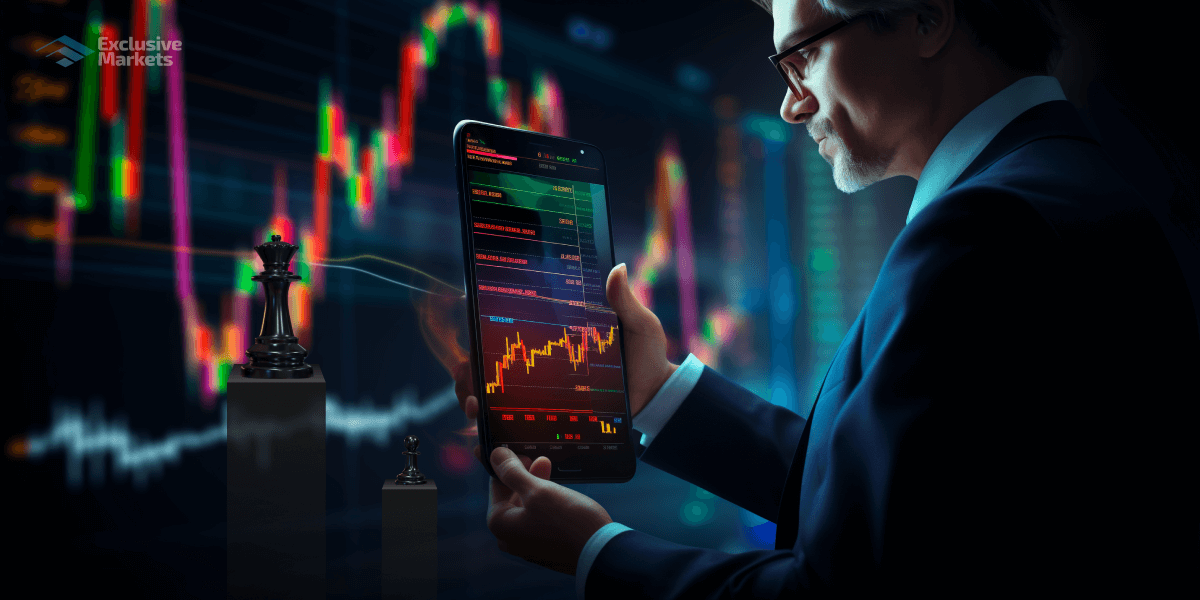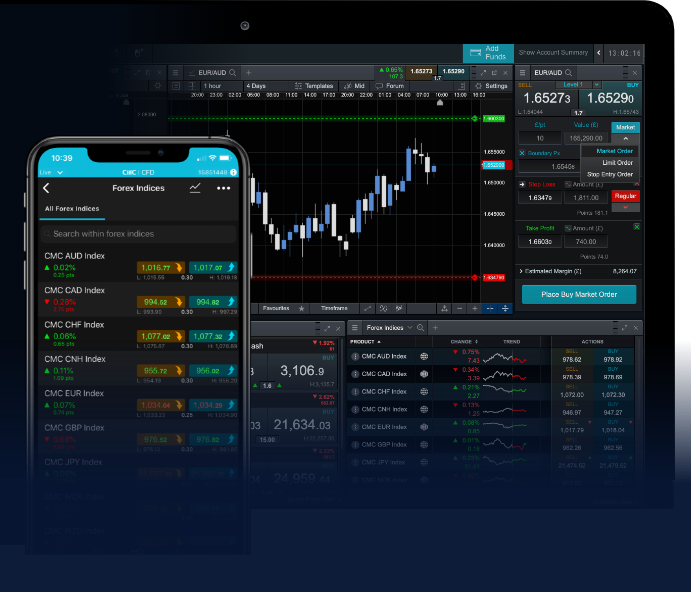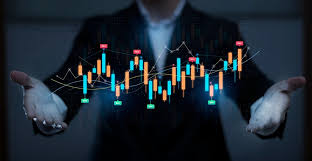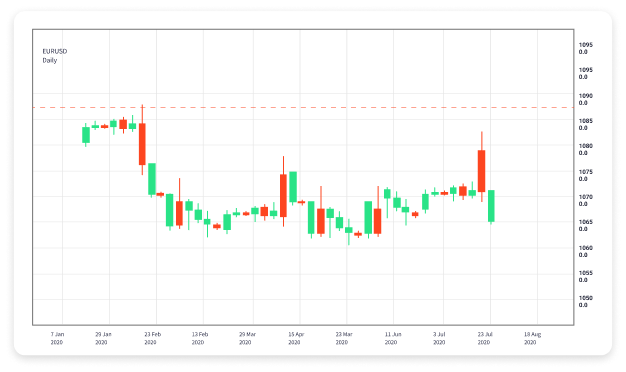
Mastering Forex Trading: Your Ultimate Guide to Courses and Resources
In the fast-paced world of finance, forex trading stands out as one of the most dynamic and exciting fields. With a daily trading volume exceeding $6 trillion, the foreign exchange market enables traders to buy and sell currencies in real-time, capitalizing on fluctuations in exchange rates. However, to navigate this market successfully, traders need to arm themselves with knowledge, strategies, and the right tools. This is where forex trading courses https://exbroker-turkiye.com/ come into play.
What is Forex Trading?
Forex trading, or foreign exchange trading, involves the simultaneous buying of one currency and selling of another. Currencies are traded in pairs, such as EUR/USD or USD/JPY, indicating the value of one currency in relation to another. The goal of forex trading is to profit from the fluctuations in currency values, which can be influenced by a myriad of factors including economic indicators, geopolitical events, and market sentiment.
The Importance of Education in Forex Trading
While forex trading offers vast potential for making money, it also comes with significant risks. Without proper education and training, novice traders can easily fall victim to common pitfalls, such as emotional trading and lack of a solid trading plan. Thus, enrolling in a structured forex trading course can provide traders with the foundational knowledge and skills needed to approach the market more confidently and strategically.
Types of Forex Trading Courses
Forex trading courses come in various formats, catering to different skill levels and learning preferences. Here’s a breakdown of the most common types of courses available:
- Beginner Courses: Ideal for those who are new to forex trading, these courses cover the basics of the forex market, terminology, and the mechanics of trading.
- Intermediate Courses: For traders with some experience, intermediate courses delve deeper into technical analysis, chart patterns, and trading strategies.
- Advanced Courses: These are designed for seasoned traders looking to refine their skills, focusing on complex trading strategies, risk management, and market analysis.
- Specialized Courses: Many courses focus on specific aspects of forex trading, such as algorithmic trading, scalping, or using specific trading platforms and tools.
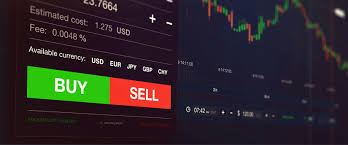
Benefits of Taking Forex Trading Courses
Enrolling in a forex trading course offers numerous advantages. Here are some key benefits:
- Structured Learning: Courses provide a systematic and organized approach to learning, making it easier for traders to absorb and understand complex information.
- Expert Guidance: Many courses are taught by experienced traders and industry professionals who can share invaluable insights and real-world experiences.
- Interactive Learning: Many courses include practical exercises, quizzes, and trading simulations, allowing students to apply what they’ve learned in a risk-free environment.
- Community Support: Joining a course connects traders with a community of like-minded individuals, providing networking opportunities and peer support.
How to Choose the Right Forex Trading Course
With the plethora of forex trading courses available, selecting the right one can be daunting. Here are some factors to consider when choosing a course:
- Course Content: Review the curriculum to ensure it covers topics relevant to your trading goals and skill level.
- Instructor Credentials: Research the qualifications and experience of the instructors to ensure they have a proven track record in forex trading.
- Learning Format: Consider whether you prefer self-paced online courses, live webinars, or in-person classes, and choose accordingly.
- Reviews and Testimonials: Look for feedback from previous students to gauge the effectiveness of the course and the satisfaction of its participants.
Popular Forex Trading Courses and Platforms
There are numerous platforms and courses available for aspiring forex traders. Here are a few noteworthy options:
- Babypips: A well-known resource offering free forex education, Babypips features a comprehensive course called “School of Pipsology” that covers everything from the basics to advanced trading strategies.
- Forex Academy: This platform offers a variety of courses, including video lessons, eBooks, and webinars tailored to different skill levels.
- Coursera: Online learning platforms like Coursera often collaborate with universities and institutions to offer forex courses covering both the theoretical and practical aspects of trading.
Conclusion
Mastering forex trading requires dedication, practice, and a continuous commitment to learning. By investing in high-quality forex trading courses, aspiring traders can equip themselves with essential knowledge, strategies, and skills to navigate the complexities of the forex market successfully. The journey to becoming a skilled forex trader may be challenging, but with the right education and resources, you can increase your chances of success and work towards achieving your financial goals. Remember, the world of forex is full of opportunities, and with the correct approach, you can thrive in this exciting market.

